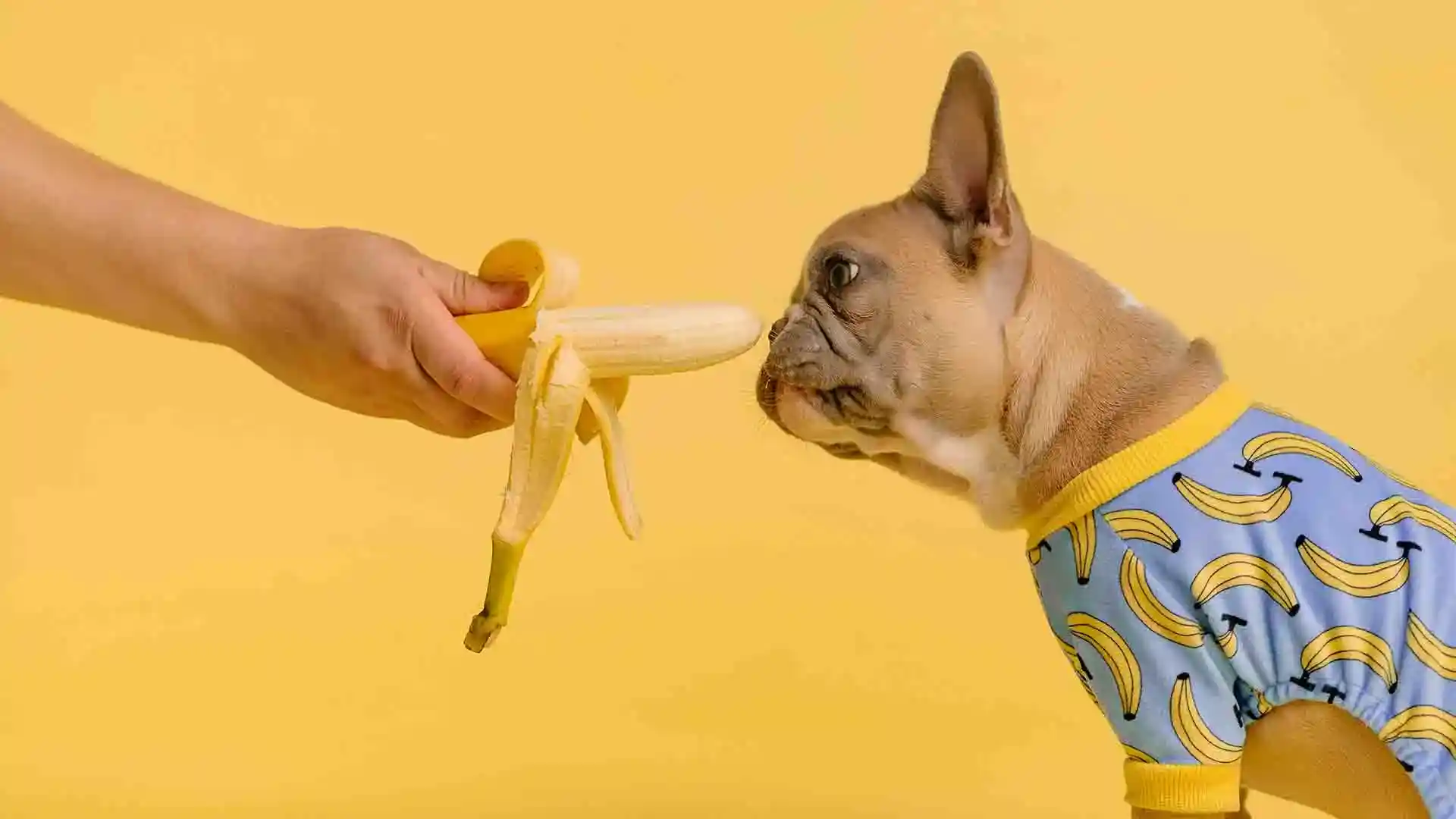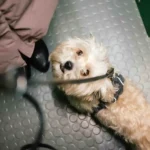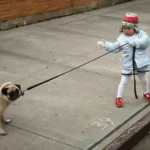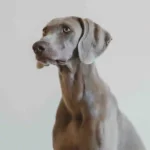So why is your dog not eating? It truly is a whirlwind enigma of the highest caliber, when you figure your furry companion won’t just eat anything! A non-eating dog can boggle your mind with the types of questions. It just shakes your world. Essentially they just became a food picker sooner than most of their friends correct? Have they plotted something??? Is the kibble pile in danger? Have courage, dear dog parent! This is probably the only curious case which we are quite sure will end up with eating without tears I mean, we are here to rip the face of what might be causing your dog not eating and how to get him in gear.
What Are the Common Reasons Why Your Dog Not Eating?
Understanding Loss of Appetite in Dogs
First, let’s discuss appetite loss in dogs, which can be as confusing as damn. There are times that your dog is actually having a bad day. Although they saw a bushy squirrel which was too cute, or maybe they’re being too smart and are hiding the fact that they prefer grass to regular dinner. Hehe!
Canines may become disinterested in food for numerous reasons – even funny and sad. One day the sudden rejection of eating means something is wrong. On the other hand, if a dog does not eat at all or you notice a reduction in their appetite, it means that something is definitely wrong. Therefore, be keen on recognizing any odd actions or slight alterations in their feeding habits!
Impact of Stress and Environment on Your Dog’s Eating Habits
Moreover, they may suddenly start feeling uncomfortable and get stressed out. For instance, relocation to a new place or maybe new puppy’s arrival, and a refurbishment project will all likely make your dog stressed. These animals are very gentle and may not eat due to tension. When you see your dog is a bit weirder than usual, maybe the time to think if it is something in his world that has gone wrong and is the main reason for his eating habit change. Got it!
An added amount of attention and fulfillment consisting of a walk that releases stress will help them to become more energetic which in turn helps them to take back their interest in food one more time.
Possible Vet Reasons for a Dog’s Refusal to Eat
Now, let us be serious for a bit. Although it could be a simple act of your dog being picky at that moment, there are possible reasons for their not eating. Diseases that cause your dog go unwell or other reasons are the ones that make your dog unwilling to eat. In case the dog is in pain, he may not want to eat or drink. Indeed, a trip to the vet could become urgent if your dog is not eating for more than one or two days. Your vet can pinpoint any underlying conditions that are causing your dog to lose its appetite and devise a plan to make your dog love its treats again!
When Should You Call Your Vet About Your Dog Not Eating?

Signs That Indicate To Call Vet
So, when you realize that you are not making any progress and the spot just keeps getting worse, make an appointment with your veterinarian. Young dogs that are sick and do not eat besides the fact that they act lethargic, diarrhea, or behave weirdly should definitely lead you to pick up the phone. Your veterinarian is the best source of information but, in general, it is a prudent thing to ring up if the dog has not eaten for more than one day.
Don’t forget, you are the one who knows your dog better than anyone else, so rely on your doggy instincts if things don’t look right. The lack of appetite is sometimes the first sign of a more serious illness; therefore, you should seek the advice of a professional if you are in doubt!
What to Discuss with Your Veterinarian
When you call the vet, you need to prepare all the details. Plan to go over any potential changes in your dog’s behavior, eating pattern changes, any recent dietary modifications, and other symptoms that could manifest. This information will give your veterinarian the most useful insight into why your dog won’t eat. A trick by the way: Record your dog’s daily agenda and feeding ways in case you don’t memorize anything that might be important during your meeting.
How Can You Encourage Your Dog to Eat Their Food?
Making Dog Food More Enticing
If you’re in a situation where your dog is not eating, then there are various innovative ways to make your pet’s food more appealing. You can try by putting a little bit of hot water on their dry food, thus boosting both the smell and the flavor of it. Or other ways might be adding human foods (like, for example, plain cooked chicken) that would surely attract your dog to eat his/her meal. But do not go to the limit when satisfying your dog, as it might start believing that it is a king, and will refuse to eat anything that does not qualify as exotic!
Feeding Techniques for Dogs with Loss of Appetite
For dogs suffering from appetite deprivation, introducing a routine can additionally be supportive. Do not be flexible about feeding time–be specific and consistent. The fact that your dog will be served at a specific point in time could be enough for him to be interested in eating when the moment comes. Likewise, create a peaceful and quiet atmosphere for food intake which will make the dog feel relaxed and thus, enjoy the meal without any disturbances. However, take care of the outsiders; the squirrels should be outside; only the family members are welcome at the dinner table!
Transitioning from Dry Food to Wet Food
If your dog just would not go along with their dry food, wet food could be a tempting animal product that you should think of moving to. Wet food is more pleasurable and easier for dogs to eat, thus even if they have or haven’t got dental issues the chances influence are higher. At first mixing their diet with some wet food can be the most effective way to convince even fussiest dogs to eat. Yet you are also reminded to check their responses and find out if some of them embrace the new food instantly or others survey you like the broccoli served to them.
Are There Specific Dental Issues That Could Cause a Dog Not to Eat?
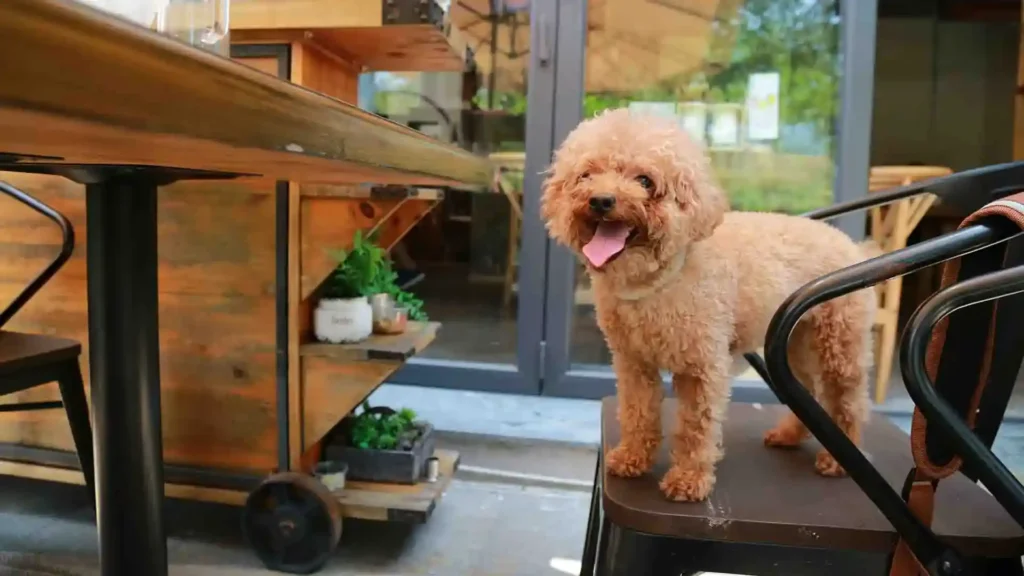
Spotting Dental Issues in Your Pooch
Just as with humans, your dog can develop gum pain from common tooth issues. Hence, it is something to watch for if your dog has stopped eating and/or drooling in pain. Breath check like the lower end of a roosters cluck. These often result in a trip to the dog dentist. Feed softer food until you do. Dogs teeth need regular cleaning, the same way ours do. They also have some great dental chews to keep their teeth clean and them happy.
Regular Dental Check to prevent Refusal to Eat
Brushing dog teeth daily prevents oral problems. Get your dog all the tooth cleaning kit and get it done. This will help them as well as save you tons from regular vet appointments.
What Should You Do If Your Older Dog Is Not Eating?
Understanding Age-Related Appetite Changes
Older dogs sometimes lose interest in their food just like aging people. Their sense of smell decreases, making meals less enjoyable. If your older dog is not eating much, offer them softer or wet dog food with a bit of flavor added to entice them. Being patient and imaginative while trying out ways to encourage a senior dog to eat is important.
Common Health Concerns in Older Dogs That Affect Eating
Age-related health issues such as few problems can make it difficult for senior dogs to eat. Talk to your vet if you notice any symptoms of discomfort that could be linked to decreased appetite. Your elderly furry friend should get special care when it comes to mealtime.
How to Adjust Diet for Senior Dogs
Consider giving softer dog food that is easier to chew and digest or adding wet food to their diet. Adding an element of excitement to their mealtimes can be very helpful in getting senior dogs to eat a bit more willingly. Let’s make mealtime as enjoyable as we can for our old buddies!
Conclusion
Finally, we can conclude that nothing is more worrying than seeing your dog avoiding food. It is easy to assume the worst, but in most cases something manageable is going on with your pet. If your pup is not as enthusiastic about meals as they used to be, there could be numerous explanations for this change. All your friend needs is some little attention, love and maybe consulting with the dog vet; they can be very happy and healthy pets again. If you see that something is not right, just remember that patience, compassion as well as flexibility are powerful tools to help your dog get the appetite back.
Arranging a proper environment around the feeding area may also help to relax their eating space and inner emotions before feeding. You could also try changing up their diet a little bit following vet’s recommendations so they can enjoy a change in flavor or texture. Most importantly, you recognize the dietary behaviors, body language, and individual likes/dislikes of your pet better than anyone else. Only then can you trust your own judgment and customize their eating environment. The moment you do that, be rest assured your demanding family member will regain their appetite!
